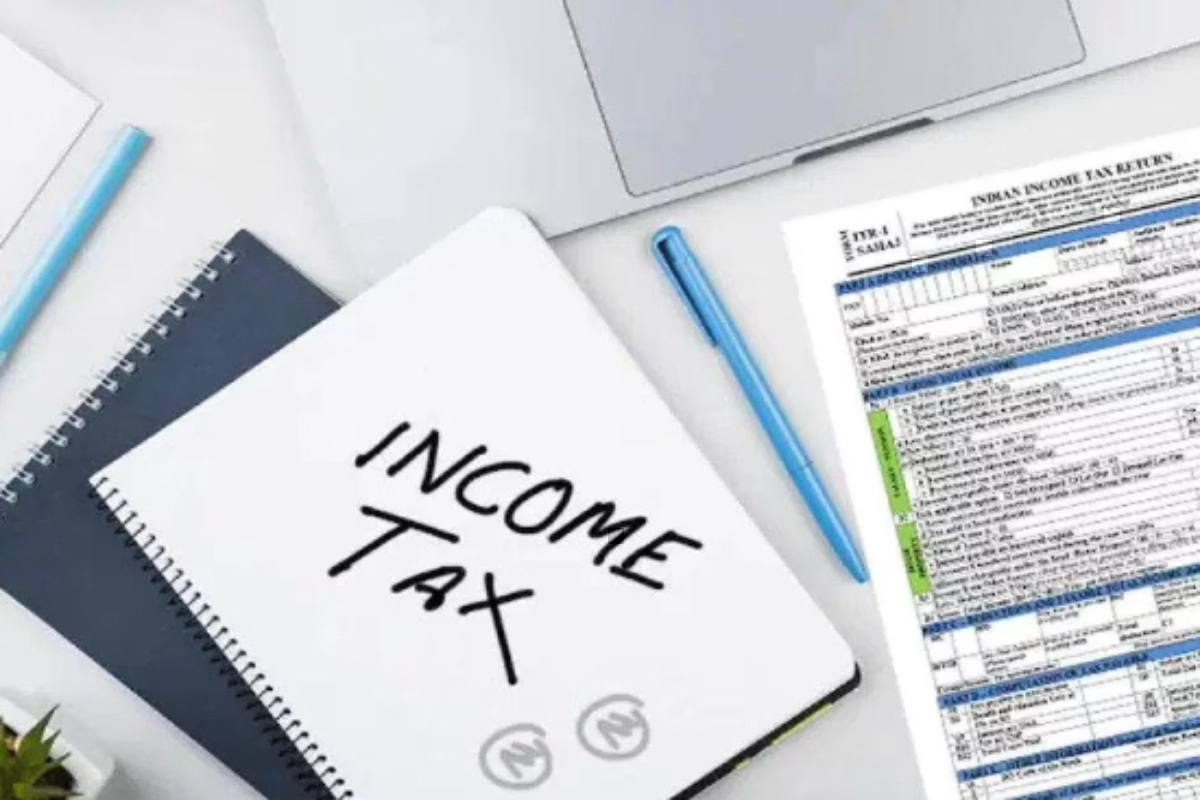Income Tax News: This news is for you if you are a taxpayer as well. Let us tell you that, in fact, a recent report states that these taxpayers will now be required to pay a fine of Rs 25,000.00. An annual meeting is also provided for.
Government’s Anti-Evasion Measures
To stop tax evasion and the use of black money, the government and the Income Tax Department have taken numerous actions. These range from taking legal action in tax evasion cases to looking into the income sources of suspected taxpayers. Additionally, salaried taxpayers have been cautioned by the Central Board of Direct Taxes (CBDT) not to submit inaccurate Income Tax Returns (ITRs) by underreporting income and inflating claims of tax exemptions.
Consequences of Inaccurate ITRs
If they do so, the Income Tax Department will file a lawsuit in accordance with the Income Tax Act in addition to fining them. This Act contains various provisions for punishment. The type of irregularity will determine the penalty or fine, and if tax evasion is involved, a different penalty will apply. Let’s examine the following IT Rules provisions:
A fraudulent claim in exchange will be regarded as theft
The Income Tax Department states that it will be deemed tax evasion if a salaried employee files a false return based on incorrect advice from a tax consultant or CA. In this instance, the tax consultant or CA will also be held accountable in addition to him. The department will also look into tax evasion in great detail at its level. This is checked by a sizable automated system that the department uses to process ITRs. It cannot be manipulated by an officer or employee.
The department of vigilance will look into tax evasion
The relevant Vigilance Department will be notified of any false statements made by workers in government agencies or public projects. He will act in accordance with the regulations and give the department this information. A fine under section 270A will be applied in this instance. The IT Act was recently amended to include this clause. Should anomalies be demonstrated, a penalty equivalent to half of the income tax will be levied. However, this penalty will rise to 200% if incorrect income is reported by submitting incorrect documentation. Section 276C will be used to take action in this case. There is a clause in such cases that stipulates a penalty of six months to seven years. The maximum fine is Rs 25 lakh.
Penalties if income from unidentified sources is discovered
According to the department, providing information about the source of income is just as important as declaring it. The Income Tax Officer may in this instance impose a penalty at the rate of ten percent in accordance with Section 271AAC of the Income Tax Act. Penalties are also stipulated for income cash credit, undisclosed money, undisclosed investments, misrepresenting the amount invested, and providing inaccurate information regarding expenses. A penalty is also assessed if it is discovered that the tax audit was not carried out while processing the return. Only businesses or traders may use this.
Penalties for late or not at all filing returns
Failing to file an income tax return also results in penalties. A fine of up to Rs 5000 is stipulated for this. There is a penalty of between Rs 10,000 and Rs 1 lakh if it is discovered that a TDS return was not filed within a year. It is also considered a crime if someone has not connected their PAN card to their income tax account. It is a crime and carries a maximum fine of Rs 10,000 even if the PAN details are false. A 10,000 rupee fine is levied in the event of a discrepancy in the TAN (Tax Deduction and Collection Account Number). In addition to the fine, a person may go to jail if any of these errors are deemed to be more serious and their crime is established.
Disclaimer: This information is provided solely for informational purposes. It is important to note that investing in the market or a business idea involves market risks. Before investing money as an investor/ owner/ partner, always consult an expert. DNP News Network Private Limited never advises to invest money on stocks or any specific business idea. We will not be liable for any financial losses
Keep watching our YouTube Channel ‘DNP INDIA’. Also, please subscribe and follow us on FACEBOOK, INSTAGRAM, and TWITTER.











